The Postgraduate Dissertation Process: Tips for Research and Planning
Feeling overwhelmed by the the final stage in the PG process? MA Literary Studies student Holly has several top tips for planning and researching for your dissertation.
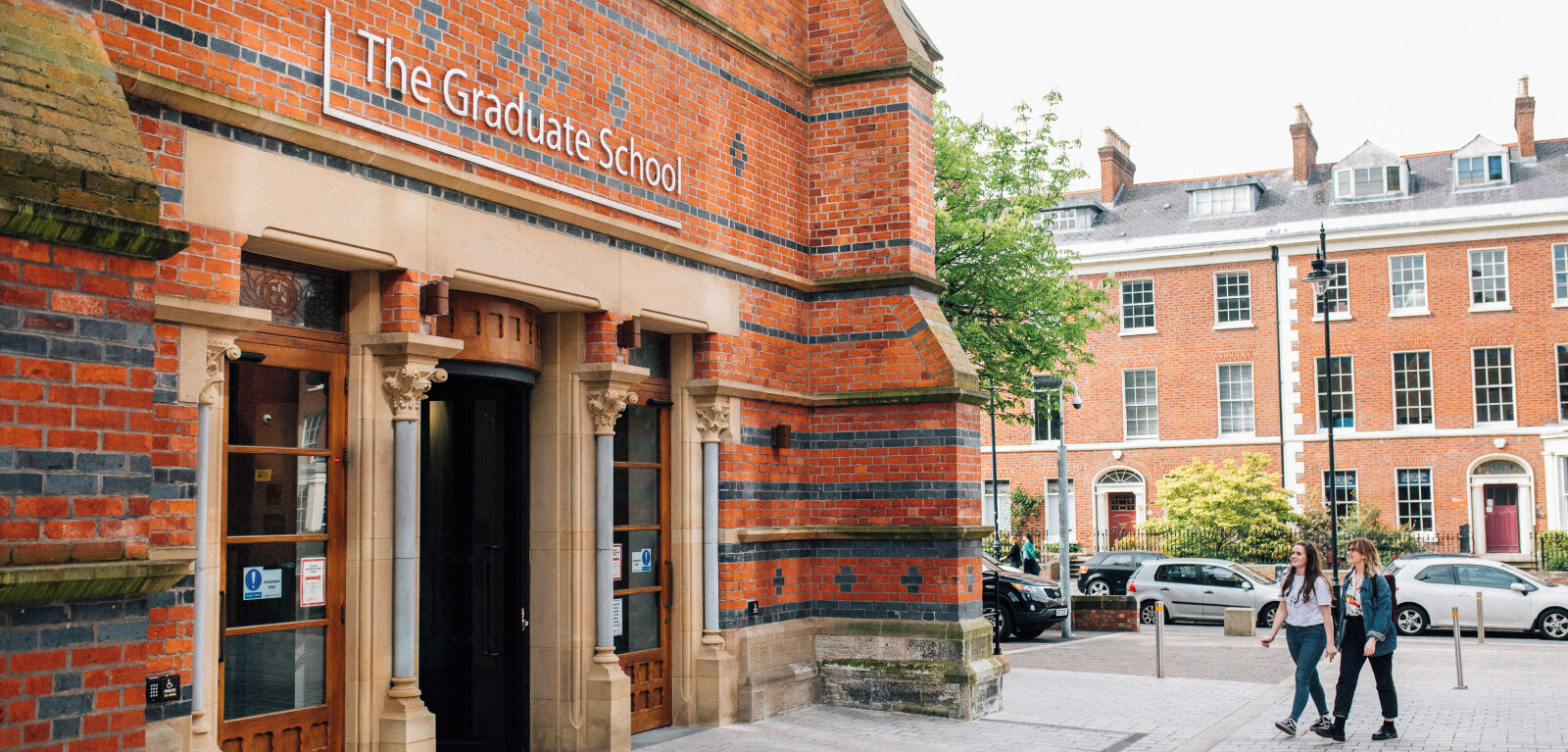
One misconception about writing a dissertation is that you must be an expert in the subject. This isn't the case whatsoever. The main reason for choosing a specific topic is that you feel passionate about it and won't mind spending hours, days and months researching - so don’t choose something willy-nilly. You are not expected to know your subject inside out during the initial stages of your dissertation; however, you will certainly be well-versed in the topic come submission time.
Initial considerations
Ahead of the research, ensure that you examine the basic requirements for your dissertation, such as the word count and other requirements set by the university. Find out information that is relevant to your field of study. For instance, will you require ethics forms to conduct interviews? If so, you should get the forms in advance in case of closures (learn from my mistake).
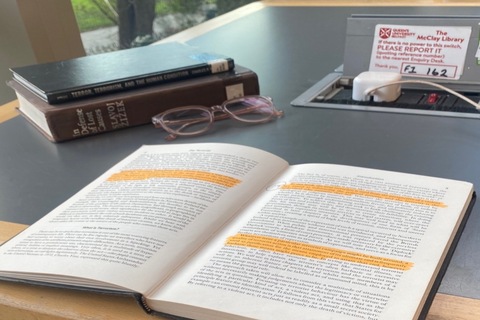
Examine the basic requirements for your dissertation
Get to know your supervisor
You will be assigned a supervisor based on the theme and topic that you have chosen. Introduce yourself to your dedicated supervisor by sending them an email. You can keep it brief as it is just to familiarise yourself with them if you haven't met them already. Include any questions you are unsure about and further details of your ideas if they have progressed since you submitted your initial plan.
Research sources
There is a range of research sources to incorporate; JSTOR, Google Scholar and libraries are among the obvious options which provide credible information. One method is to find a specific book based on your chosen topic's theme, theoretical paradigm or context through the online library catalogue. As books in the McClay Library are categorised with similar books of its type, I will spend time skimming the pages and usually leave the library with a pile of books that threaten the longevity of my tote bag – and my shoulder!
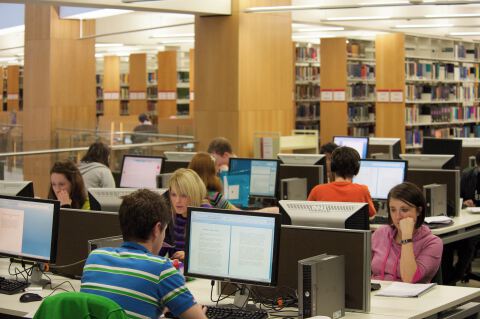
The McClay Library is the perfect research spot
Venture into the Special Collections section of the McClay Library to find rare archives to add substance to your writing. The room is temperature-controlled, and you can't bring pens inside to best preserve the books and documents. So don't forget to bring a pencil to take notes. Alternatively, you can take photos of the texts and refer to them later. Don't be afraid to explore other local libraries. The Belfast Library and the Linen Hall Library have a range of resources. They also offer quiet study spaces for those with havoc-ridden homes.
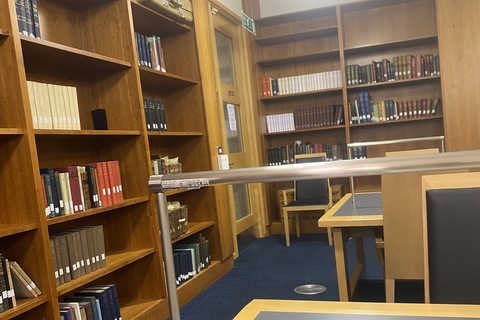
Visit Special Collections to enhance your research
Remember to save your references
I work through each book by taking detailed notes of anything relevant to my dissertation. My dissertation compiles three chapters, so I use three separate pages to divide quotes based on their relevance to each chapter. I also note the citations from which they derived. I beg you to save references as you go along because citation-chasing is the last thing you want to do towards the end of your dissertation.
How to plan the layout of your dissertation
Create a bullet point overview for each chapter of your dissertation, including your main points, methodology and secondary material. It will be handy to refer to as you write to avoid losing track of your argument and structure. My eyes wander with my thoughts when I write for a few hours. To combat this, I write the main objective of my chapter on a bright pink sticky note which I stick to my laptop to draw my attention back to the task at hand.
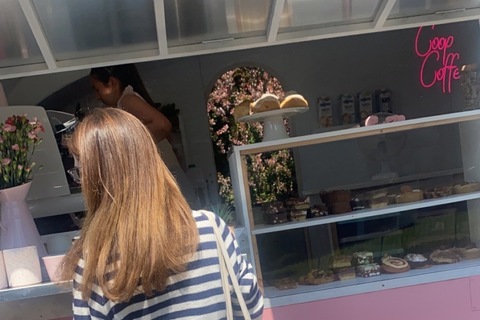
Remember to take regular breaks
Try to create a comfortable place to research and write. I prefer areas that let sunlight in; otherwise, I feel sleepy. An essential component for me is a comfortable chair. And obviously, the quieter, the better. The McClay Library's C.S. Lewis reading room is the perfect place to read, with open windows and a range of seats. I break my day up by taking breaks to dander around Botanic Gardens and visit the COOP coffee cart at the gated entrance. I usually order a coffee and a brownie before returning to the library considerably more satisfied.
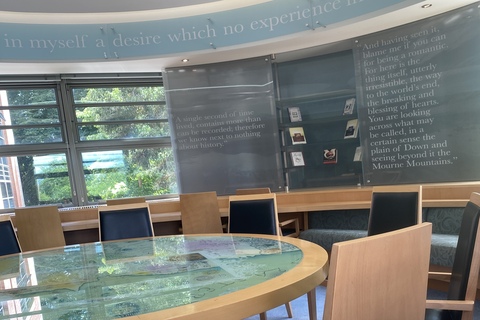
The C.S. Lewis Reading Room is a peaceful study spot
Find out more
More blogs on Postgraduate Research
Postgraduate study: Take the next step
Holly Anna LennonLiterary Studies | Postgraduate | Belfast, IrelandI studied English Literature as an undergraduate at Queen's University and am currently a Literary Studies MA student. When I am not reading, I am writing. I am a freelance writer specialising in business publicity. I also write for The Scoop (Queen's Radio), where I publish a monthly column called 'Boxing Unwrapped', which provides insight into the goings-on in the boxing community. |
 |